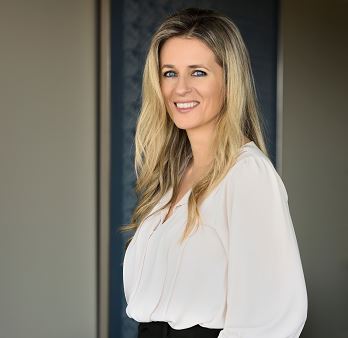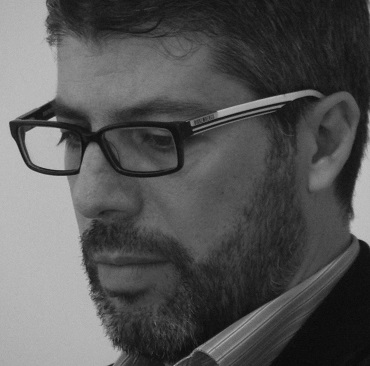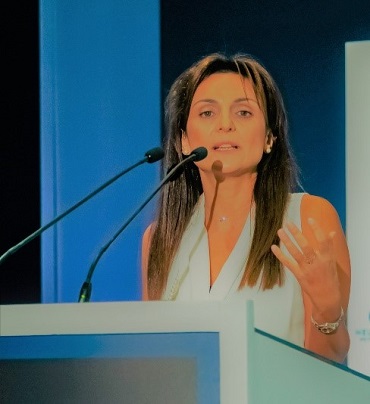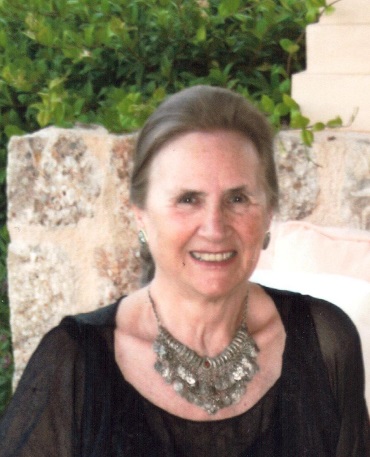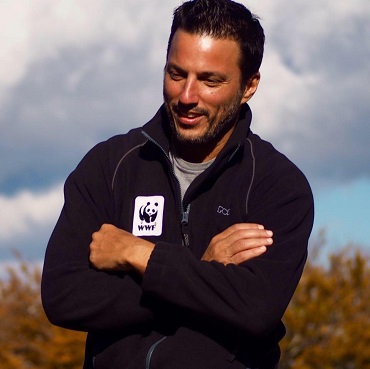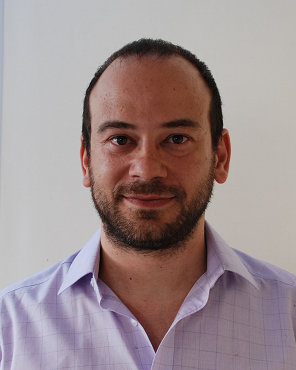Climate Change
Anna Kynthia Bousdoukou
Scientific data, the role of technology and of education, shaping the international political agenda, and activism efforts were the focus of the first SNF Dialogues event of 2020. Among the topics discussed were the factors that determine how we communicate concern about climate change as the greatest threat to humankind, how we reached the point of acknowledging this, and how far humanity is from a point of no return. The first installment in the Dialogues series for 2020 took place at the Goulandris Museum of Natural History. More than 350 attendees joined in a very lively discussion with the speakers, sharing opinions and questions about deficits in education, the impact of remediation efforts, and the change of mindset we need to achieve in order to build a different future.
Iosif Botetzagias, Associate Professor of Environmental Politics and Policy in the University of the Aegean’s Department of Environment, commenting on how climate change is communicated, said, “There is obviously a climate crisis, but climate change is not to blame for everything. How we use data to tell a story is very important, whether as a scientific community or as climate change denialists, as media or as citizens. Uncertainty is certainly embedded in our science, because that’s how science is done.” He marked the 1990s as a turning point and characterized as essential “co-operation between states. In the context of international environmental relations, many states do not cooperate, either because it is not in their interest to do something, as they believe that the impact on the economy will be greater than the potential damage they will suffer due to climate change, or because the electoral base does not seem to be interested in it. The change in behavior may come as a result of a tragic event that will take place, and will force the state to take action, while a state may also switch approaches due to pressures from other states.”
“Climate change has become a crisis because we are already living it, and we have reached the point where reality confirms, or even exceeds, forecasts. Moreover, there is also the time factor; the fact that time is running out, and now is the time for change. The crisis is the harbinger of the need for change,” said Demetres Karavellas, Director of WWF Greece. Takis Grigoriou, Climate and Energy Campaigner for Greenpeace Greece, also made brief remarks, asserting that “it is extremely positive that the EU recognizes the fact that it must get rid of fossil fuels and make other structural changes to the economy during the course of the next decade, to stop being part of the problem.”
Evangelos Gerasopoulos, Research Director at the National Observatory of Athens, commented on the history of the use of the terms “global warming", “climate change", and “climate crisis”, and emphasized that “climate change is a purely anthropogenic intervention". Referring to the link between climate change and the catastrophic fires in Australia, where “an area the size of Greece was burnt,” he said, “Climate change is responsible for doubling, and even quadrupling, the likelihood of a fire breaking out at a particular spot. And, the most frightening thing is that it multiples the ferocity of the fire by seven times.” Commenting on the catastrophic floods in Mandra, Attica, in 2017, Gerasopoulos said that “in Mandra, within six hours, we had more than 200mm of rain, while, right next to Manrda, in Elefsina, we have 370mm all year round,” stressing that “the frequency of this extreme phenomenon will be even greater due to climate change.” Correspondingly, regarding the 2018 wildfires in Attica he commented that “the combination of climate change and human greed led us to these tragic results.”
Phoebe Koundouri, Professor at the Athens University of Economics and Business and President-Elect of the European Association of Environmental and Resource Economists, explained why it is important to perceive climate change as a climate crisis. “It is a crisis for mankind. When the climate changes, so do the conditions on our planet. The planet can survive even more extreme environmental phenomena, but what is crucial is that we, as a human species, and the biodiversity that surrounds us, will not be able to survive on this planet. It is, therefore, a climate crisis because, while it seems that we have the technology and the money to reverse the course leading to a 3 or a 4 degree Celsius rise in temperature, if we don’t do it over the next ten years, the impact will be catastrophic. We have very little time to change the course of things. Never before in the past has humanity been called upon to make such a big change in such a short period of time.”
Eleni Andreadis, Writer, Sustainability Specialist, and Founder of the non-profit organization "Planet Agents", commented on the “phenomenon of Greta Thunberg,” who managed to mobilize six million people in September. She remarked that it “demonstrates the inadequacy of politicians to take action” and pointed out that “the success of the new generation, and in particular of Greta, is that they regard the issue of climate change as a matter of morality and a matter of justice, and no longer as something that does not affect everyday life.” Regarding changes that anyone can make on a daily basis, Andreadis commented that “history reveals that change is initiated by individuals,” while stressing that “what we have experienced over the last year are, unfortunately, things that we had already predicted.”
Lastly, Fali Voyatzaki, President of the Goulandris Natural History Museum, added her own perspective, characterizing “the need to redefine our priorities and values” as immediate and stressing that “the path to real progress is not only based on profit, but also on respect for natural processes.”
Highlights
In Brief
The SNF Dialogues are curated and moderated by Anna-Kynthia Bousdoukou.
*The opinions expressed by Dialogues participants, whether officially representing institutions and organizations or themselves alone, at events, in articles, or in other audiovisual media are solely their own and do not necessarily represent the views of the Stavros Niarchos Foundation (SNF) or iMEdD. Speakers' remarks are made freely, without prior guidance or intervention from the team.


